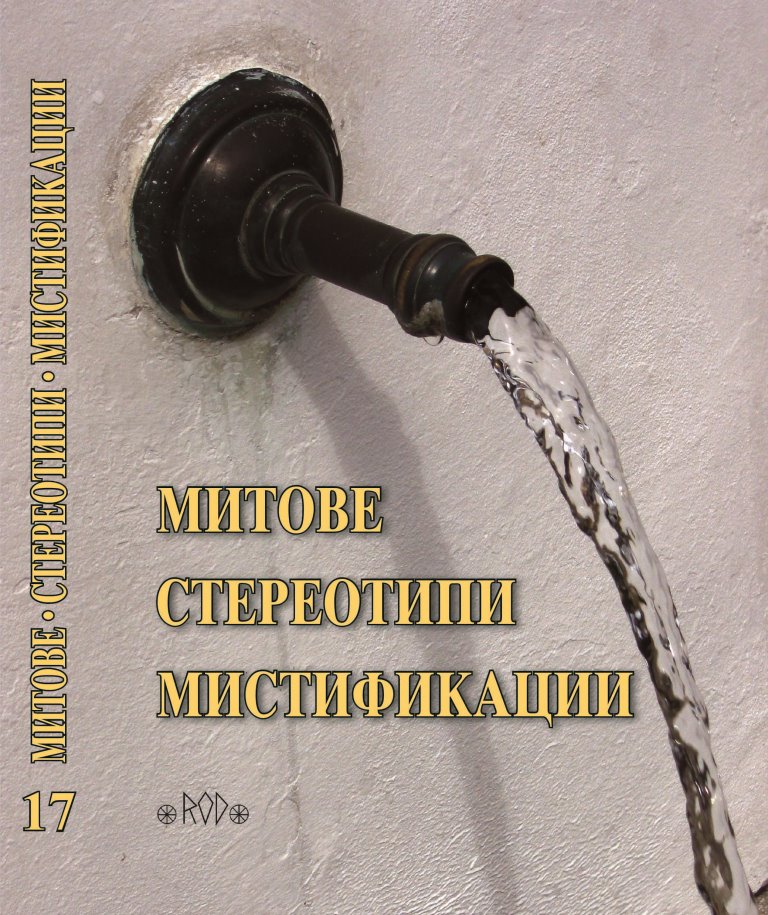Приключи ли дискусията за Веда Словена? „Ведическите“ песни между Костурско, Меглен и Неврокоп
Is this the end of the scientific discussion on Veda Slovena? The “Veda” songs spread over the areas of Kastoria (Albania), Almopia (Greece) and Nevrokop (Bulgaria)
Author(s): Miglena HristozovaSubject(s): Anthropology, Social Sciences, Language and Literature Studies, Customs / Folklore, Studies of Literature, Bulgarian Literature, Cultural Anthropology / Ethnology, Culture and social structure
Published by: Асоциация за антропология, етнология и фолклористика ОНГЬЛ
Summary/Abstract: This article raises some provocative questions on the long and very emotional scientific discussion about Veda Slovena, a folk song collection edited by the Bosnian ethnographer Stefan Verkovich in the second half of the 19th century. For more than 140 years, scientists haven’t succeeded to prove the (un)authenticity of the corpus, but have rather created a heated scientific myth leading far away from the ethnological background of the collected songs. However, there are still many sources, which haven’t been taken into consideration: for example diverse interpretations of foreign scien¬tists or even archive data such as the autobiography of the song collector Ivan Gologanov. In this context, the article presents some unpopular sources and puts an accent on a new hypothesis which suggests a wider ethnological back¬ground and spread of the songs due to the migration of Bulgarian groups from Albania (Kastoria) and the region of Western Macedonia (Almopia, Greece: bg. Meglen) to the West Rhodopes (the area of Nevrokop, former name of Gotse Delchev) observed in the 18th and 19th century. Further¬more, it reviews currently collected data which make an interesting link between the processes of migration and some controversially discussed elements of the text corpus such as the name of the leading character Orfen/Orfan (suggested as a folk version of the Thracian king Orpheus).
Journal: Годишник на Асоциация за антропология, етнология и фолклористика »Онгъл«
- Issue Year: 2019
- Issue No: 17
- Page Range: 40-45
- Page Count: 6
- Language: Bulgarian
- Content File-PDF

